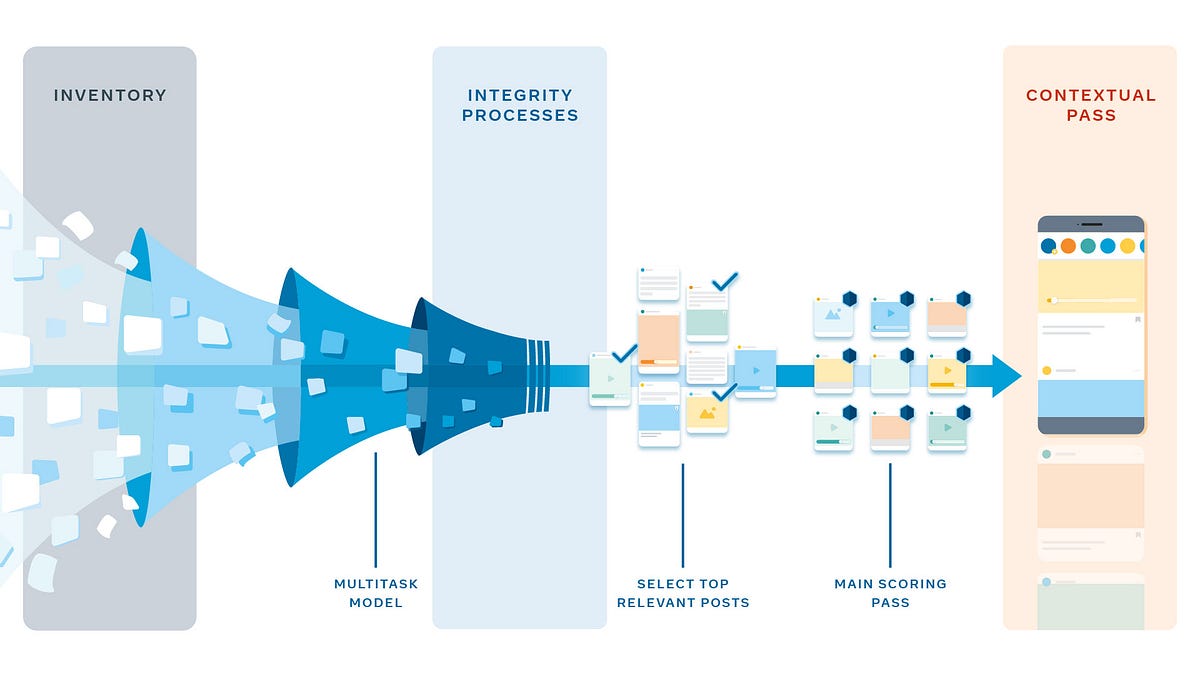
"Echo chambers on social media create polarized feeds, leading users to see content tailored to their preferences while ignoring opposing viewpoints."
"The algorithms of social media companies dictate user experience, propelling individuals into curated realities that often reinforce existing beliefs."
The article explores the implications of social media algorithms, which create echo chambers by presenting users with tailored content that aligns with their interests, particularly noticeable during election years. It questions why society has accepted this responsibility to navigate filter bubbles instead of holding companies accountable for providing diverse perspectives. The piece argues for more transparency from platforms like Meta and ByteDance, seeking to understand how these algorithms function and how users can gain insight and control over their digital environments.
Read at Medium
Unable to calculate read time
Collection
[
|
...
]